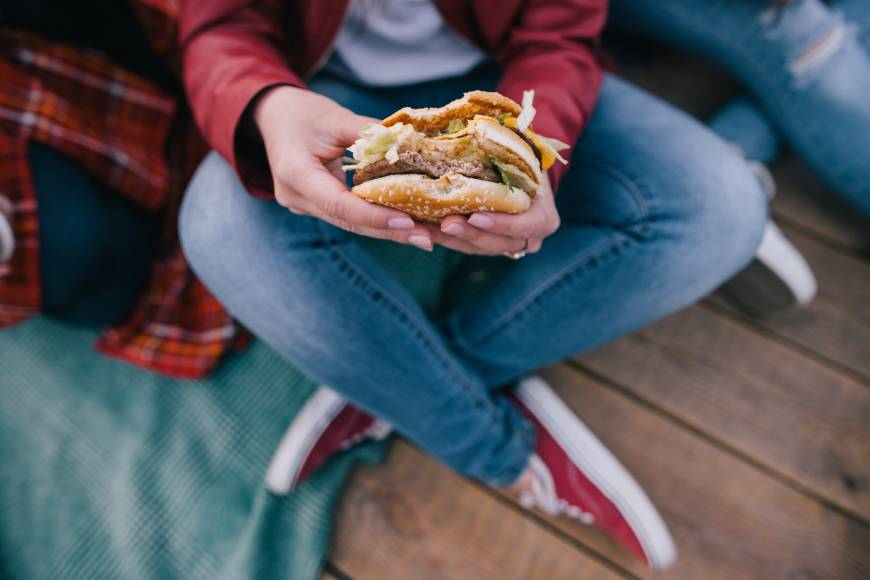He did highlight some benefits of the diet: “The dietary intake looks to be around 1,000 calories per day, with plenty of lean protein, which will help to maintain fullness. It also offers five-a-day and restricts sugar and alcohol. The requirement to exercise every day will also help with weight loss.”
Viable in the long term then? Definitely not. Or so Hobson says: “It’s not a realistic way to eat, and while participants may lose weight in the short-term, they have a long life to lead and the greatest challenge for most dieters is keeping the weight off once they finish their diet.”
The dieter trialling the method in an episode of How to Lose Weight Well certainly did not seem best pleased with the diet’s variety, saying: “Be prepared for boring, samey food, day after day.”
Before making any extreme changes to your diet, you should always speak to your GP to discuss any potential concerns or side effects.















